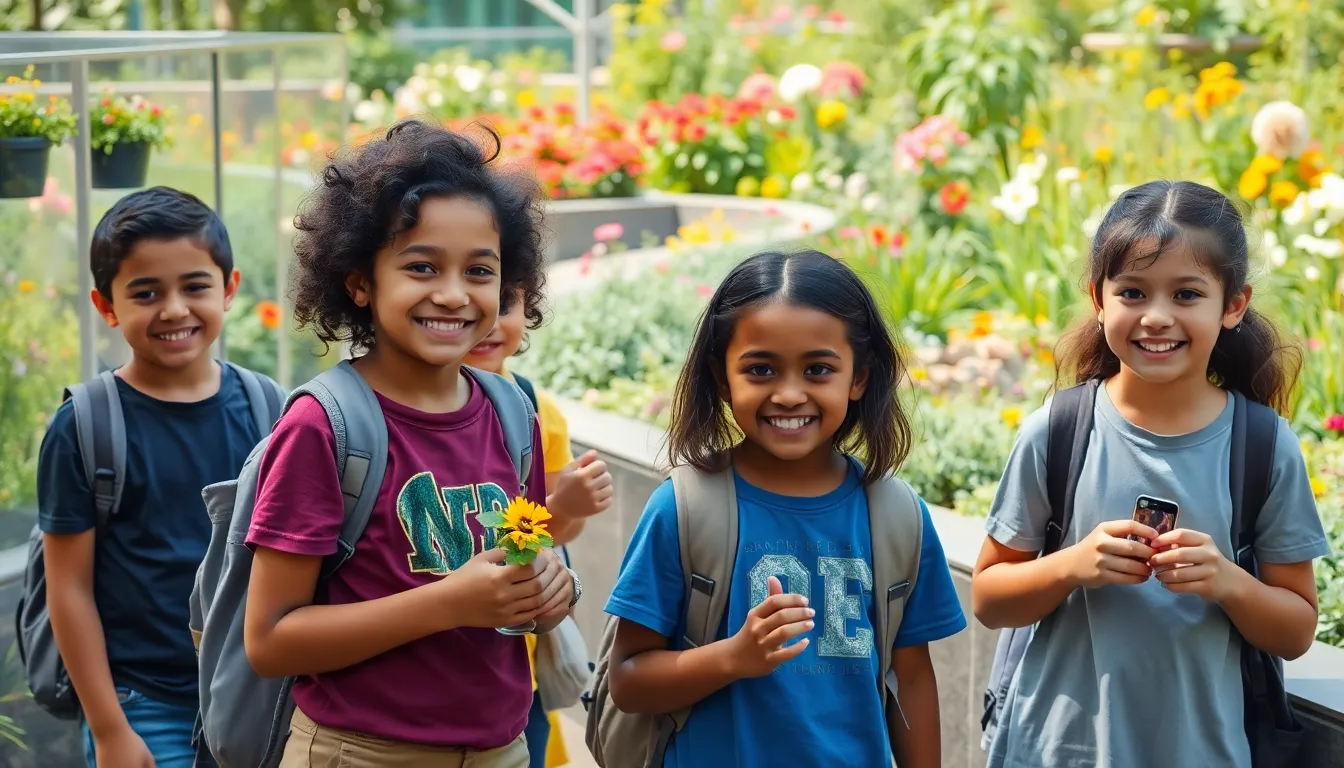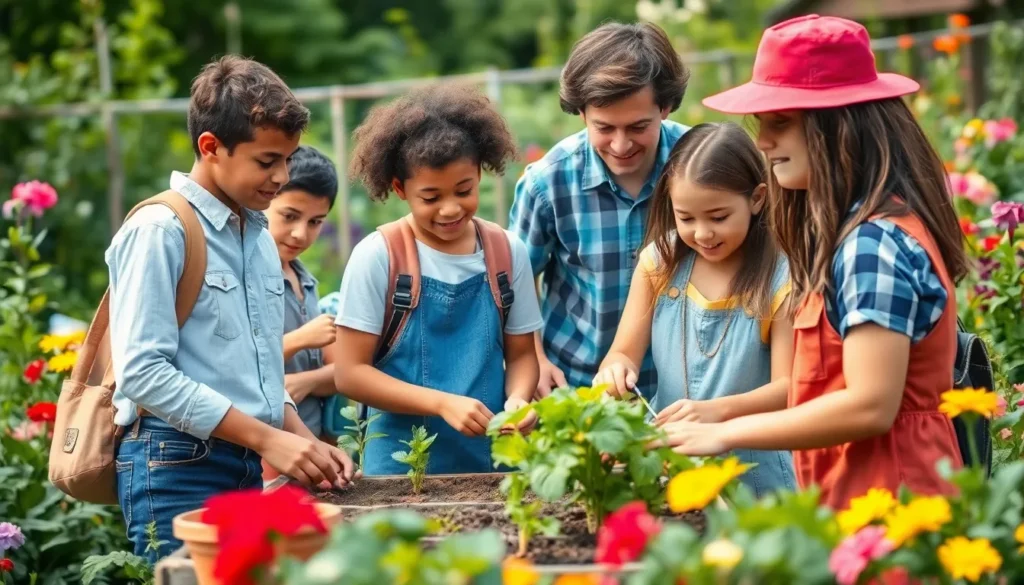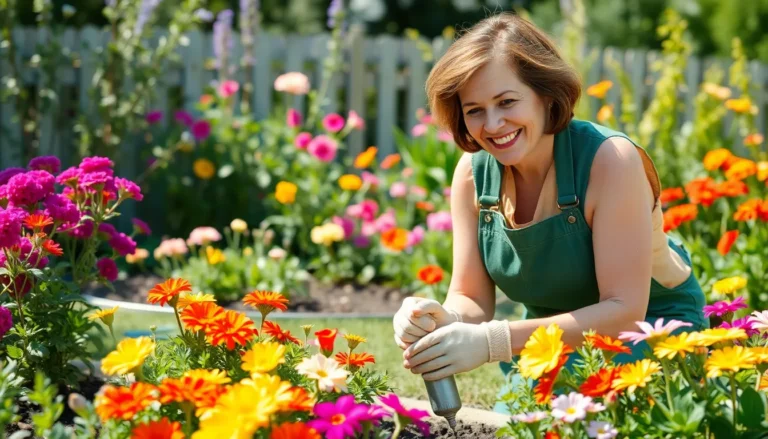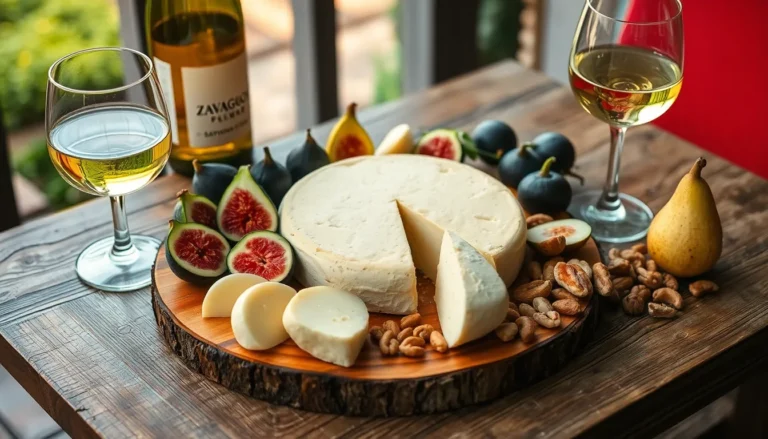Table of Contents
ToggleWhen it comes to field trips, the same old museum visits and nature walks just won’t cut it anymore. Today’s students crave excitement and adventure, and it’s time to deliver! Imagine a day where learning leaps off the page and into the real world. Field trips can be the perfect blend of education and fun, transforming the classroom into a vibrant playground of experiences.
Creative Field Trip Ideas
Engaging students in unique experiences enhances learning. Outdoor science centers provide hands-on activities in nature, allowing students to explore ecosystems directly. Art studios offer workshops where students can create their own masterpieces while learning new techniques.
Local farms present opportunities for agricultural education. Students can engage with farmers, learn about food production, and even participate in harvesting. Cultural festivals enrich understanding of diverse backgrounds and traditions, giving students firsthand experiences in different cultural practices.
A visit to a historical site allows students to step into the past. They can interact with reenactors, explore artifacts, and witness history come to life. Science museums often feature interactive exhibits that encourage exploration and inquiry, making complex concepts more accessible.
Community gardens can instill environmental stewardship in students. Hands-on planting and maintenance of a garden allow for practical lessons in biology and sustainability. Tech companies frequently offer tours that provide insight into innovation and careers in technology, inspiring students to consider future paths.
Nature reserves foster appreciation for wildlife and conservation efforts. Guided tours can highlight local flora and fauna while teaching students about ecological balance. Similarly, vocational schools provide tutorials on trades, allowing students to experience various professions and their relevance.
Art galleries can inspire creativity and critical thinking. Students analyze artwork and discuss themes, enhancing their interpretative skills. Lastly, state parks encourage outdoor adventure and promote physical activity, while teaching respect for natural resources.
Educational Field Trip Ideas

Field trips play a vital role in enhancing students’ educational experiences. Innovative thinking and exploration foster deeper learning.
Science-Based Trips
Hands-on engagement characterizes outdoor science centers, where activities connect students with nature. Interactive exhibits at science museums make complex concepts relatable. Depending on interests, nature reserves offer opportunities for wildlife observation. Students investigate ecosystems and conservation practices in community gardens. Engaging technology companies inspires curiosity about innovations in the scientific field. Participation in workshops at local botanical gardens enhances knowledge about plant biology and environmental science. Each of these experiences promotes understanding and appreciation for scientific principles.
History-Focused Trips
Visits to historical sites allow students to witness history firsthand. Reenactors bring the past to life, enriching students’ understanding of historical events. Local heritage museums often curate artifacts that foster connections to community history. Guided tours enhance learning by providing detailed narratives about important figures or milestones. Students can engage in historical workshops or demonstrations to deepen their insights. Each interaction with the past offers valuable lessons in cultural heritage and societal evolution. Cultural festivals provide opportunities to celebrate and appreciate diverse histories and traditions.
Outdoor Field Trip Ideas
Outdoor field trips offer immersive experiences that enhance learning and foster appreciation for nature and culture. Various activities can ignite students’ curiosity and connect them with real-world environments.
Nature Walks and Hiking
Nature walks and hiking excursions provide opportunities for students to engage with local ecosystems. Exploring nature trails fosters a deeper understanding of flora and fauna. Guided hikes can include practical lessons on identifying plant species and observing wildlife behavior. Incorporating hands-on activities like sketching or journaling enriches this experience, encouraging students to document their observations. Local parks or nature reserves, featuring unique habitats, enhance the exploration with diverse landscapes. Students can collaborate in small groups, making the outing interactive and engaging, while promoting teamwork and environmental awareness.
Camping and Survival Skills
Camping trips grant students hands-on experience in outdoor living and survival skills. Establishing a campsite introduces essential concepts such as setting up tents and cooking outdoors. In addition, lessons on fire safety and water purification equip students with practical knowledge for real-life situations. Activities like orienteering teach navigation skills using maps and compasses, fostering independence. Nighttime camp activities can include stargazing, allowing students to connect with astronomy. Engaging in group discussions around a campfire reinforces community-building, and sharing experiences cultivates bonding among participants.
Unique Field Trip Ideas
Field trips can offer enriching experiences that go beyond traditional educational settings. Engaging students through unique opportunities enhances learning and fosters curiosity.
Virtual Field Trips
Technology allows students to explore new places without leaving the classroom. Many museums and cultural institutions provide virtual tours that showcase art, history, and science exhibits. For instance, the Smithsonian offers interactive experiences showcasing diverse collections. Platforms like Google Arts and Culture enable students to virtually step inside famous landmarks worldwide. These virtual field trips inspire learning by making remote locations accessible and engaging.
Cultural Experiences
Immersing students in diverse cultures broadens their perspective. Participating in local festivals showcases community traditions, music, and food. Cooking classes with local chefs offer hands-on experiences while exploring culinary heritage. Furthermore, artist residencies invite students to interact with creators, encouraging artistic expression. Visits to cultural centers provide insights into customs and histories that shape communities. These experiences promote empathy and understanding, enriching students’ knowledge of the world.
Field trips are crucial for creating engaging learning experiences that resonate with today’s students. By moving beyond traditional outings and embracing innovative ideas, educators can spark curiosity and foster a love for learning. Unique experiences like hands-on workshops, immersive cultural events, and interactive science exhibits not only enhance knowledge but also build essential skills.
As schools continue to explore diverse field trip options, the potential for inspiring and educating students expands. These adventures cultivate a deeper understanding of the world and encourage students to connect with their surroundings in meaningful ways. Ultimately, the right field trip can transform education into an exciting journey of exploration and discovery.




